What to look for when buying and renovating to flip a home for profit
Purchasing a property to renovate and flip for profit can be an exciting and rewarding endeavor. Whether you're looking to create your dream home or make a smart investment, it's essential to know what to look for when taking the plunge. In this comprehensive guide, we'll explore the most important factors to consider when buying a property to renovate, ensuring you make a wise decision that pays off in the long run.
Budget and financing for a home purchase:
Before embarking on a renovation project, establish a realistic budget and secure financing. Consider the following:
- Renovation costs: Factor in costs for materials, labor, permits, and contingency funds for unexpected expenses. The type of home you purchase can significantly impact renovation costs. For example, insulating a brick home can be more challenging and expensive than insulating a wood-framed house. Brick exteriors require specialized methods like internal wall insulation or exterior cladding, which can drive up costs. On the other hand, homes with wood plank exteriors allow for easier, less costly insulation by simply adding a layer of continuous insulation beneath new siding. The structure and materials of the home will directly influence the complexity of the renovation and its associated costs - especially when renovating a home to be more sustainable.
- Financing options: Research loan options, such as home equity loans, personal loans, or specialized renovation loans including the availability of funding for Green homes or sustainability upgrades to heating and cooling systems.
- Return on investment: Calculate the potential return on investment by comparing the cost of renovations to the expected increase in property value. Sustainable home features, like efficient insulation, can improve energy efficiency, which may increase the home’s resale value. However, consider the upfront costs and long-term benefits to determine whether the investment is worthwhile or when can insulation be too much and when is it justified?

Location, location, location
The age-old adage rings true: location is everything when it comes to real estate. When searching for a property to renovate, consider the following:
- Neighborhood: Look for up-and-coming areas with strong potential for growth, low crime rates, and good schools nearby.
- Proximity to amenities: look for properties close to services such as shops, restaurants, parks, and public transportation. These all add value for buyers and being in a walkable distance from essential shops and amenities is an important plus for sustainability.
- Future developments: Research any planned infrastructure or zoning changes that may happen in the near future and impact the property's value, also check on plans for transit additions like tramways or skytrain stations. Having easier access to employment opportunities always increases home values.
Property types for flipping
Different property types come with varying renovation requirements and potential returns on investment. Consider the following:
- Single-family homes: These properties often offer more flexibility in terms of design and layout, making them ideal for customization.
- Multi-family homes: Renovating a duplex or triplex can provide rental income, helping to offset renovation costs.
- Fixer-uppers: Properties in need of significant repairs can be a great investment, but be prepared for potential hidden costs and extensive work.
- Home aesthetics: Before falling in love with a property that is very typical for a certain period, remember that real estate agents always recommend depersonalizing homes to put them on sale. If you're buying something "cool", just remember that it might have too much character for some buyers, and so this will reduce the market size and quite possibly the price. As long as you factor this in when making an offer, and you're confident how you're going to modify it during renovation so that you stay in budget, go ahead! Last but not least - curb appeal - make sure that the home you're buying to flip has curb appeal, or can be modified on a budget to have it - and while you're at it, check that the neighboring houses have it too. This always helps your resale valuations and so boosts your returns.
- Tear down and rebuild or renovate? Homes that are at or beyond their functional life can be profitable investments, particularly if you can squeeze a second unit on what was previously a single home lot. Aside from added profitability, increasing urban density reduces city expansion into surrounding green spaces. If you decide to demolish a building, look into deconstruction instead. Recycling in construction: The role of deconstruction in eco-friendly building.
Structural integrity is a key element when buying a home to flip
The structural integrity of a home is crucial when considering a renovation project. Look out for the following:
- Foundation issues: Cracks, uneven floors, or moisture problems may indicate foundation problems, which can be costly to repair. When inspecting the foundation, also look for basement waterproofing measures that may or may not have been taken and any other high risk features such as grading - does it slope away from the foundation for drainage or does it slope towards it and increase the flood risk?
- Roof condition: interior water leaks as well as sagging roof lines or missing shingles may require a roof replacement. Another tell-tale sign of trouble when inspecting homes in winter, is if they have icicles. Icicles on a home indicates heat loss, which is an indication of poor attic insulation or bad roof design with thermal bridging.
- Electrical and plumbing systems: Outdated or faulty systems can be expensive to upgrade and pose safety hazards.
- Wood Rot - best avoided: When purchasing a property to renovate, it's crucial to avoid homes with wood rot or dry rot, as these structural issues can lead to costly and time-consuming repairs. Wood rot occurs when moisture seeps into the wood, causing it to weaken and deteriorate, while dry rot is a fungal growth that can spread quickly and compromise the integrity of the building. Both types of rot can affect the foundation, framing, and other key structural elements, often requiring extensive treatment or replacement. Before buying, it's important to have a thorough inspection to identify any signs of rot, as addressing these issues early can save you from unexpected expenses and delays in your renovation project.

Layout and design for a home to renovate
The property's layout and design should align with your renovation goals and preferences. Consider the following:
- Floor plan: Look for a functional layout that can be easily adapted to suit your needs. A structural engineer may be required in order to determine the feasibility of modifying interior layout if there are load bearing walls.
- Architectural features: Period details, such as high ceilings or original fireplaces, can add character and value to a property.
- Potential for expansion: Assess whether the home can be extended or reconfigured to create additional living space.
Permits and regulations for a flip
Before starting any renovation work, familiarize yourself with local building codes and permit requirements. Consider the following:
- Zoning restrictions: Research local zoning bylaws to ensure your planned renovations are allowed.
- Heritage home designation: Before a purchase be sure you will be able to get a permit and carry out the work you intend. If a building carries a heritage designation, you might have your hands tied with what you can do structurally as well as aesthetically on the exterior.
- Building permits: Secure the necessary permits before commencing work to avoid fines or delays.
Environmental factors when buying a home to flip
Environmental factors can impact the property's value and renovation potential. Look out for the following:
- Flood zones: Properties located in flood-prone areas may require additional insurance and mitigation measures. Also consider home type in this regard, is it a full basement or slab on grade? a home on a slab in a flood risk area would have less risks than a home with a full basement.
- Soil quality: Poor soil quality can affect foundation stability and landscaping options.
- Noise and pollution: Consider the property's proximity to busy roads, airports, or industrial areas.
Checklist: key factors to consider when buying a property to renovate
- Location: Choosing a neighborhood with proximity to amenities, and future developments
- Property type: Single-family homes, multi-family homes, fixer-uppers and tear downs
- Budget and financing: Renovation costs and staying on budget, financing options, return on investment
- Structural integrity: Foundation issues, roof condition, and electrical and plumbing systems
- Layout and design: Floor plan, architectural features, and potential for expansion
- Permits and regulations: Zoning restrictions, historic preservation, and building permits
- Environmental factors: Flood zones, soil quality, and noise and pollution
Conclusion: what to watch out for when buying a home to flip
Buying a property to renovate and transform into a green home can be a smart investment, both financially and environmentally. By focusing on energy efficiency, sustainable materials, and eco-friendly systems, you not only increase the value of the property but also contribute to a greener future. However, it's essential to thoroughly research the market, assess renovation costs, and understand the local regulations and incentives available for green upgrades. Careful planning, budgeting, and working with local experts in green building can help ensure that your renovation project will yield significant returns, while also promoting sustainability. Ultimately, a well-executed green home renovation offers the potential for a profitable flip, all while benefiting the planet and its resources. Happy house hunting!
Author: Robert J. Pierson - Ecohome Network
See all posts by Robert J. Pierson
Now you know what to look for when buying homes to renovate and sell for profit. Find all you need to know about sustainable construction in the Ecohome Green Building Guide and these related pages :
Learn about the benefits of a free Ecohome Network Membership here! |
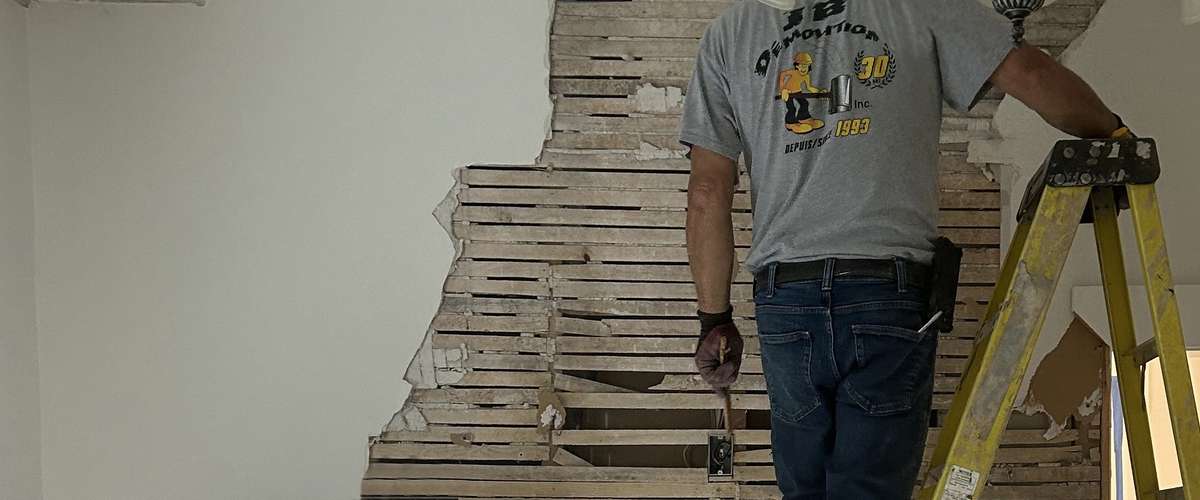





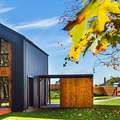
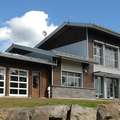





















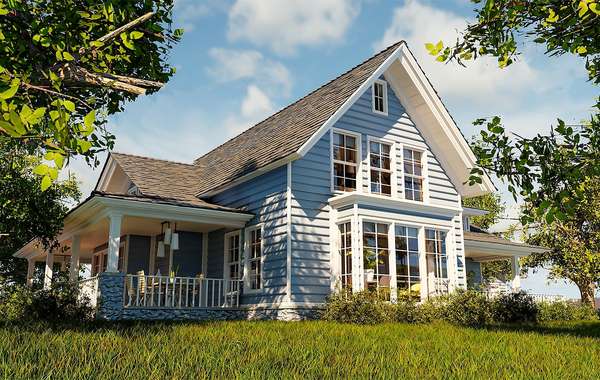

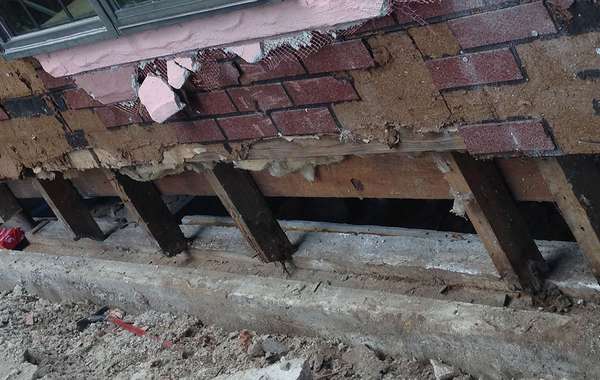


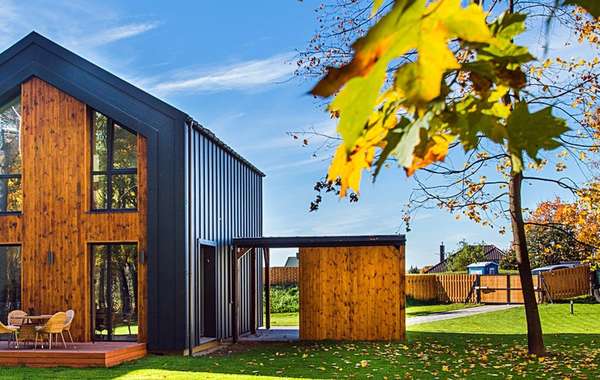
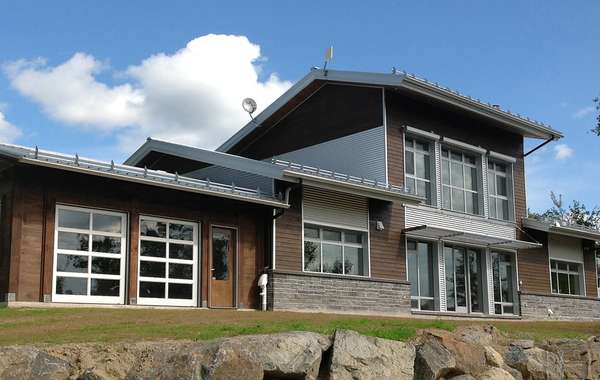



Comments (0)
Sign Up to Comment